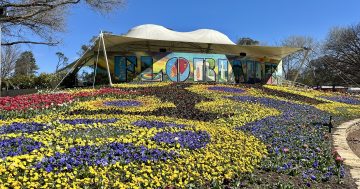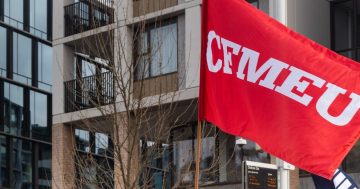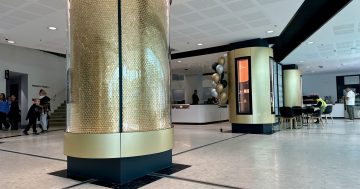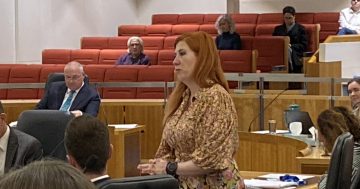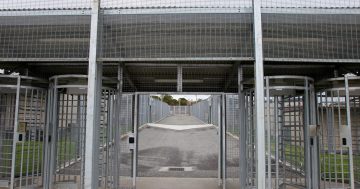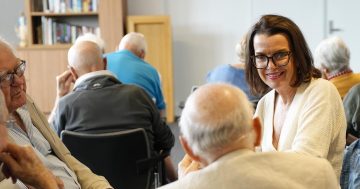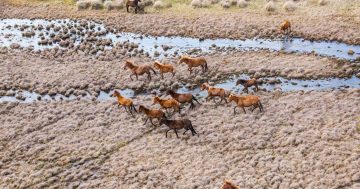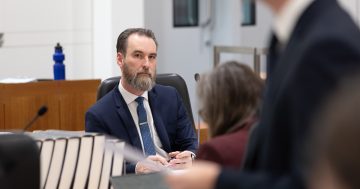 The Territory’s lockdown has been extended for a further two weeks until midnight 17 September.
The Territory’s lockdown has been extended for a further two weeks until midnight 17 September.
Chief Minister, Andrew Barr said that although lockdown measures had been effective in managing the outbreak, the number of cases being notified every day, including the number that were in the community for part of their infectious period, meant the risk of COVID-19 spreading in the community was still present.
“This is the highly infectious Delta variant and we need to continue to reduce movement of people at this time,” Mr Barr said.
“We know this is a challenging time and we thank all Canberrans for playing their part in helping to keep Canberra safe,” he said.
“While the lockdown will be extended, there will be amendments to restrictions to allow for some lower-risk outdoor activities, acknowledging the benefits of being outdoors on the wellbeing of Canberrans.”
Mr Barr said amendments to restrictions would come into effect at 5pm this evening (2 September) and included that one household, or up to five people, could gather outdoors for two hours for exercise or recreation; the reopening of outdoor playgrounds, fitness stations and dog parks; increasing the number of people able to attend a funeral to 20; increasing the number of people able to attend a wedding to 10; permitting time-critical religious ceremonies, capped at 10 attendees; and the recommencement of services that operated outdoors where physical distancing could be maintained.
The Chief Minister said masks were still required outside the home and schools would continue with remote learning for the rest of the Term.
“From 3 September, the partial reopening of the construction sector will commence under stringent COVID-Safe requirements,” he said.
“These requirements will be actively enforced by WorkSafe ACT and ACT Policing.”
Mr Barr said work was continuing with industry stakeholders to allow other parts of the construction sector to recommence from 10 September.
He said there were six essential reasons for people to leave their homes, including to buy groceries and medicine; access healthcare; for essential work; for exercise or non-organised recreation outdoors; to get a COVID-19 test; and to get a COVID-19 vaccination.


